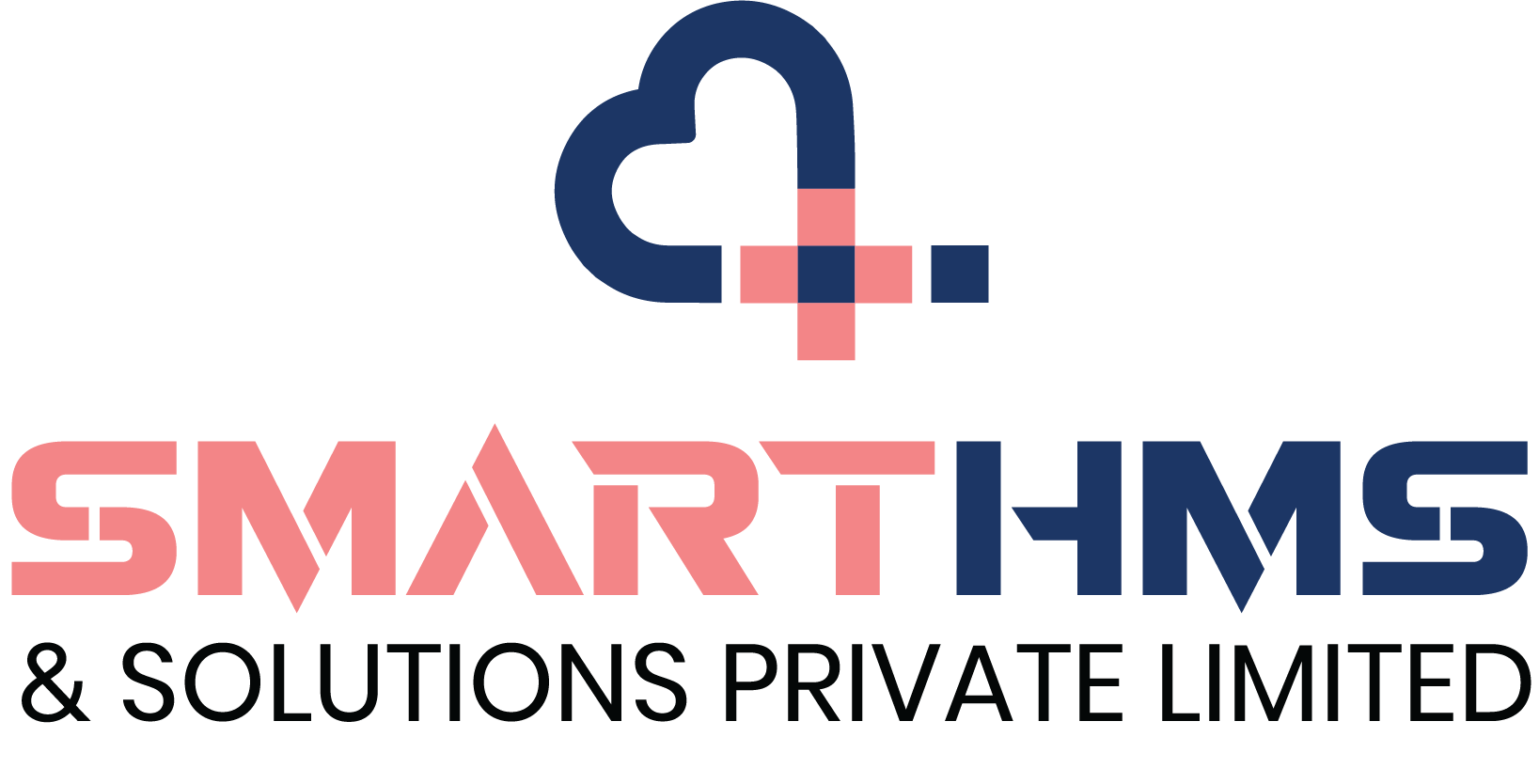


In today’s healthcare landscape, efficiency and patient care are crucial, prompting hospitals to adopt Hospital Management Systems (HMS).
Hospital institutions are facing rising demands for efficiency, quality care, and regulatory compliance in the era of rapid technological advancement. Many hospitals have sought Hospital Management Systems as a means of overcoming these challenges. These are integrated software solutions that make it possible to streamline hospital operations, enhance patient care, and improve overall management. This blog will explore what a Hospital Management System is, its key features, benefits, and its impact on healthcare delivery.
What is a Hospital Management System?
A Hospital Management System refers to an integrated suite of applications designed to manage the administrative, financial, and clinical aspects of a hospital or healthcare institution. The HMS is the backbone of any healthcare organization, making process efficient while providing healthcare professionals with the tools they require to deliver quality patient care.
An HMS is primarily designed to automate routine tasks so that the healthcare staff can focus on what matters most: patient care. It supports all the day-to-day activities of a healthcare facility, from scheduling appointments to managing medical records, billing, and inventory control.
Important Features of a Hospital Management System
Patient Registration and Management:
The HMS simplifies registration at the point of entry by capturing important patient information. This includes both personal, medical, and insurance history. Once registered, a patient’s healthcare provider will easily access the patient records and therefore make quick informed decisions.
Appointment scheduling
Efficient appointment management is part of maximizing hospital operations. With HMS, appointment booking can be done by a patient online, reducing time taken and increasing efficiency as well as satisfaction rates from the patients. It also ensures better attendance due to open slots, cancelling of appointment facilities, and reminders sent automatically to the patient.
An electronic component of an HMS is crucial in managing electronic medical records. An EMR allows for the storage of highly detailed information about the patient, including medical histories and treatment plans, as well as lab results. These records enhance coordination between medical providers and improve the overall quality of care provided to a patient.
Billing and Invoicing:
Any healthcare institution requires an efficient billing system. HMS helps automate the billing process with the generation of invoices, processing payments, and handling insurance claims. The decrease in errors and streamlined revenue cycles will eventually improve the financial health of the hospital.
Reporting and Analytics:
The HMS provides hospitals with a detailed report on so many aspects of hospital operations, such as patient demographics, financial performance, and resource utilization. This insight helps the hospital administrator make good decisions, facilitates places for improvement, and measures time-related change.
Advantages of Hospital Management System
Operational Effectiveness Improved
An HMS reduces the administrative burden on healthcare personnel by automating routine jobs and streamlining processes, which means that healthcare professionals can focus more on patient care, improving service quality, and outcomes.
Improved Patient Care
Health care professionals can make quicker, better-informed decisions with prompt access to patient records and with streamlined communication among departments.
This rapid access to information leads to improved patient safety and patient satisfaction.
An HMS saves healthcare institutions much money in costs. Optimization of resources, reduction of errors, and simplification of billing processes reduce operational costs of hospitals and increase their profitability.
Data Security:
The health industry has strict requirements for a patient’s data security. An HMS has modern security measures such as data encryption and access controls to ensure that sensitive information remains secure from unauthorized access or breaches.
Impact of Hospital Management Systems on Healthcare Delivery
Integration of HMS into care delivery within health institutions transforms care and, therefore, is playing a vital role in most of the following areas:
Telemedicine: The rising aspect of telemedicine is leading to HMS platforms increasingly becoming integrated with virtual care tools, which allow for dispensation of remote consultations by health care providers while still accessing records and information of patients.
Population Health Management: HMS solutions can collect and analyze data about patient populations, which will help healthcare providers identify trends and implement targeted interventions to improve community health outcomes.
As the land of healthcare expands, modern solutions such as Hospital Management Systems will define the directions that lead to excellence in care and sustainability in all healthcare institutions around the globe.
